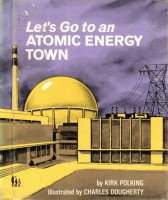A CAN-CAN Dance around Vermont Yankee Decommissioning
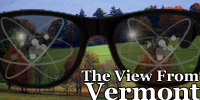 Our Sierra Club local chapter recently sponsored a joint presentation-by two local anti-nuclear groups. A small audience of attendees heard of the horrors that citizens might expect during Vermont Yankee's upcoming decommissioning. The presenters claimed that their participation in decommissioning will be needed to insure that all goes well because Entergy, and the US Nuclear Regulatory Commission, can't be trusted. Included as usual was a litany of things about to go wrong-all caused by nuclear power!
Our Sierra Club local chapter recently sponsored a joint presentation-by two local anti-nuclear groups. A small audience of attendees heard of the horrors that citizens might expect during Vermont Yankee's upcoming decommissioning. The presenters claimed that their participation in decommissioning will be needed to insure that all goes well because Entergy, and the US Nuclear Regulatory Commission, can't be trusted. Included as usual was a litany of things about to go wrong-all caused by nuclear power!

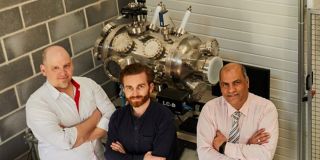
 The 211th Carnival of Nuclear Energy Bloggers and Authors has been posted at The Hiroshima Syndrome.
The 211th Carnival of Nuclear Energy Bloggers and Authors has been posted at The Hiroshima Syndrome. 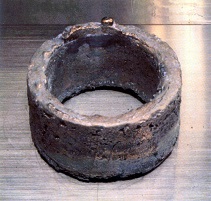
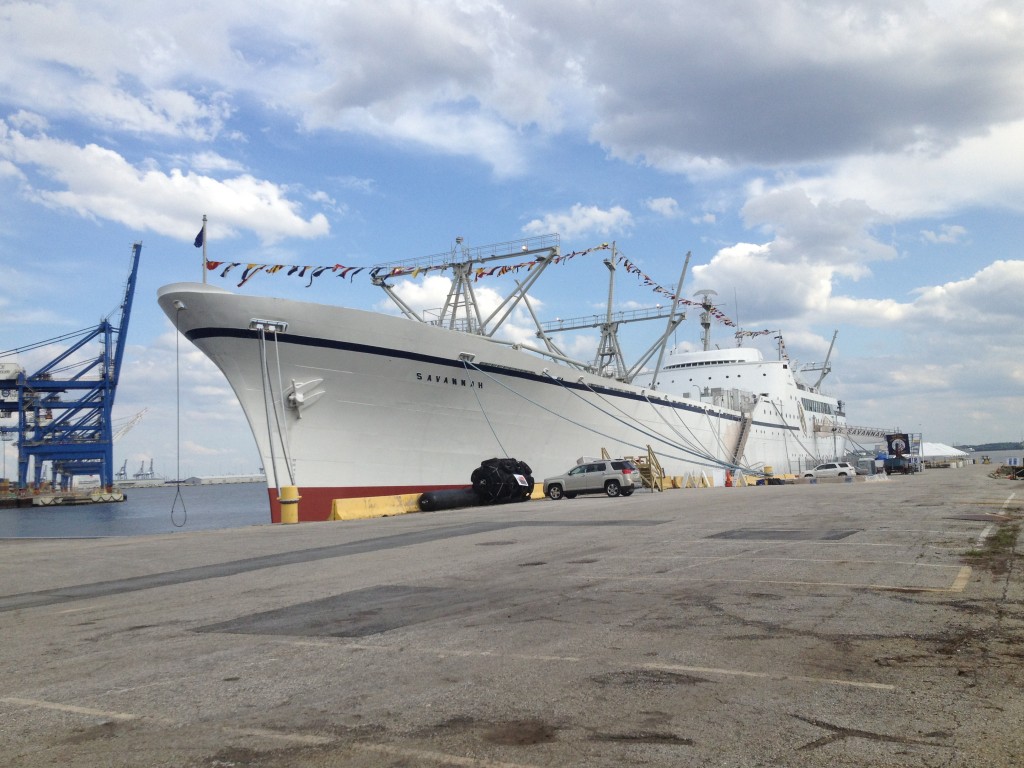
 With the recent shutdown of four reactors and another scheduled closure later this year, there is increasing concern over nuclear plant shutdowns in the United States, and the idea of policy intervention to prevent further closures is gaining political traction.
With the recent shutdown of four reactors and another scheduled closure later this year, there is increasing concern over nuclear plant shutdowns in the United States, and the idea of policy intervention to prevent further closures is gaining political traction.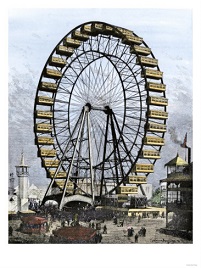 It's time for the 208th Carnival of Nuclear Energy, and ANS Nuclear Cafe is proud to host the event!
It's time for the 208th Carnival of Nuclear Energy, and ANS Nuclear Cafe is proud to host the event!
